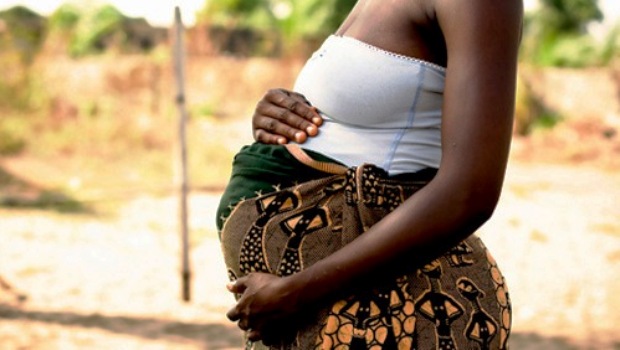A new study has disclosed that women who give birth before the age of 18 are likely to remain poor for the rest of their lives.
The study, conducted by the Population Council and Women Deliver, took place in 43 low and middle-income countries, representing more than 600 million women, aged between 20-49.
According to a statement released by Women Deliver, the study found a strong and consistent lifelong negative association between giving birth before age 18 and a woman’s economic empowerment.
The research points to the critical need to strengthen sexual and reproductive health, right and expand economic opportunities for girls and women throughout their lives.
The statement partly said, “The ability to earn and control cash represents more than just earnings. it influences a woman’s ability to make strategic life choices,” Stephanie Psaki, deputy director of the Population Council’s Girl Center said.
“This is one of the first studies to show consistently across so many countries and settings that having a child early can impact future earning potential.”
Some of the major findings of the study include, the fact that “childbearing before age 18 is widespread particularly in Sub-Saharan Africa where in nearly a dozen countries at least 30 per cent of women have a child before age 18.
It was also discovered that, “Women who have a child before age 18 are less likely to earn cash for their work throughout their lives. More specifically, women (ages 20–24) who have a child before age 18 are more likely to be employed in the short term; however, they are less likely to earn cash in the short-term and throughout their reproductive lives.”
For the women, who work, they are not necessarily paid for their work and, when they get paid, they may not have control of their earnings, “In Togo, for example, among married and cohabiting women, most work (86 per cent), earn cash (62 per cent) and retain control of their earnings (57 per cent). In contrast, the vast majority of married and cohabitating women in Burundi work (94 per cent), but just 16 per cent earn cash and 4 per cent retain sole control over their earnings.
“The study examines complex issues, but the implications are simple—in order to move the needle on gender equality, women need to be able to control their own fertility and their own earnings,” said Katja Iversen, President/CEO of Women Deliver. “We need societal investment in access to modern contraception, safe abortion, and comprehensive sexuality education, as well as in expanding economic opportunities for all girls and women.
“The study confirms that early life events can shape the trajectory of a young woman’s life,” said Julia Bunting, OBE, president, Population Council. “Policymakers need to invest in better understanding the tradeoffs girls and women face and prioritize actions that will ensure girls and women have a full range of life options.”
Women Deliver is a leading global advocate, that champions gender equality, health and rights of girls and women. The
Population Council confronts critical health and development issues from stopping the spread of HIV to improving reproductive health and ensuring that young people lead full and productive lives.
